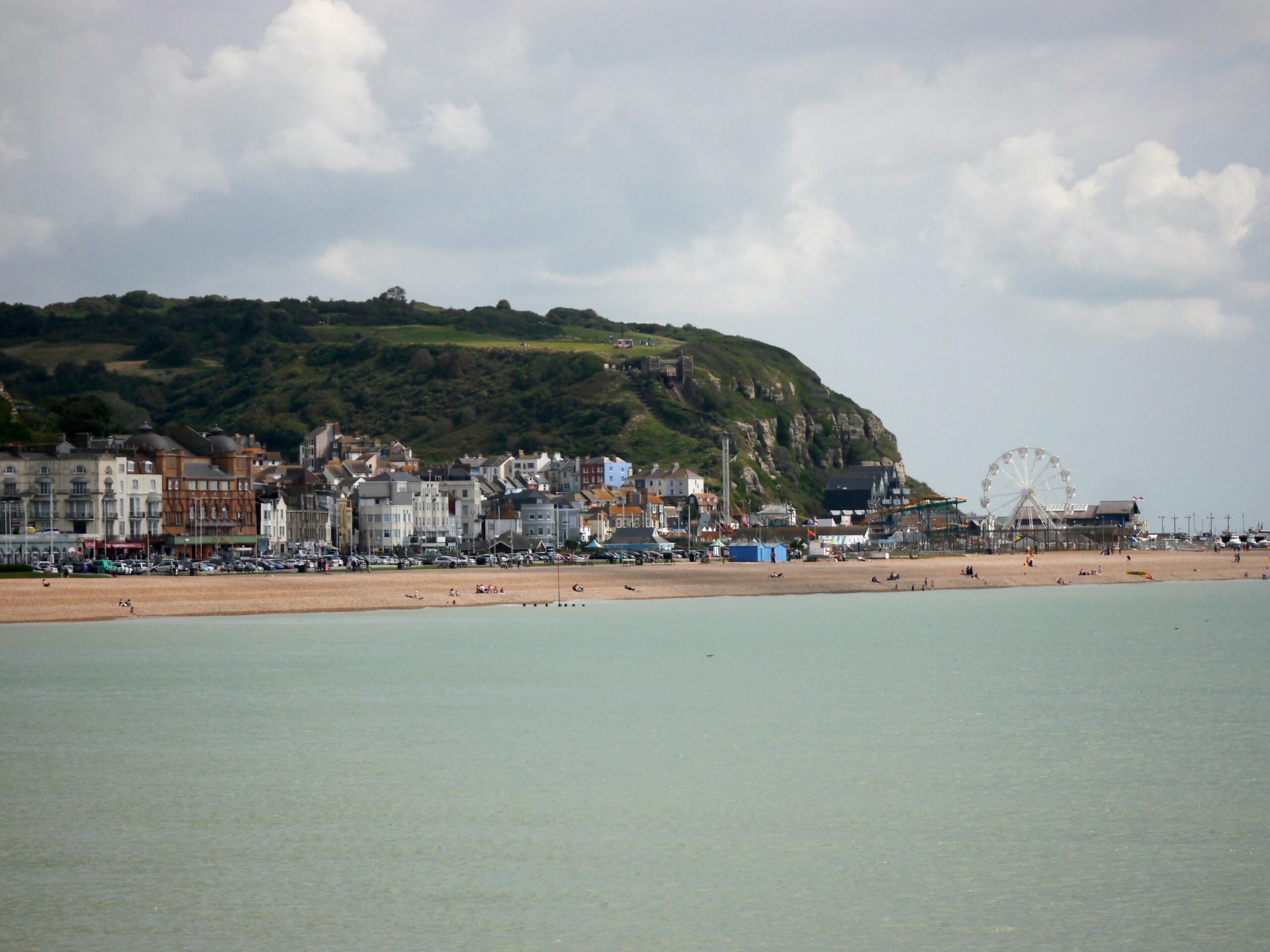Merlin Betts
This article is part of a series. Find the previous article here, and overview here. Photo by Steve Payne on Unsplash.
When he was trying to get picked (‘elected’ they like to say) as Tory leader, Rishi Sunak stood at a Tunbridge Wells garden party and said he planned to take funding away from deprived urban areas and give it to those who really need it – the burghers of Tunny Wells. But he was too late. Ten years of Tory power had already cut grant funding to local government by 40%, or £18.5billion, all while council costs were rising – think social care, housing, the slow-growing cost of living crisis. These cuts happened while council tax was capped at 2% (later 3%), pending a successful local referendum to raise it.
To run such a referendum in Hastings costs tens of thousands (the council estimate it at £100,000), more in a bigger area, and then who’ll really vote to pay more council tax? We have to save £4,000,000, why would we risk £100,000 on a no-hope referendum? So realistically this 3% is almost an impassable cap on local government income – only those who already have the money to do a public relations campaign and a referendum can afford to raise tax, and they probably don’t need to.
Even then, as Hugh Sullivan has commented in HIP, “central government would withhold funding from any borough whose local electorate dared to make its own contribution to raising itself from public penury.” Translation: if we tried to get our own money, we’d probably stop getting any from this government. That means we either lose out on lots of regeneration projects or crash into a section 114. We try to strike out on our own, we get pulled back in. I’m not actually sure how far I agree with this analysis, though. At least, I’m not sure how much of a boon Westminster support really is. Still, with the council firmly committed to the goal of regeneration, it doesn’t matter much what I think. They feel at least partly compelled to court the Department of Levelling Up and Communities (DLUC) and hope something good can come of it.
I wonder what motive Westminster has to stop local authorities functioning properly anyway? It is making life much harder for us, even if it wants to pretend otherwise. The levelling up funding, for example, is controlled by a conglomerate of diffuse local interests (the Town Deal board) and has to be approved by DLUC, but the local authority (HBC) has to take responsibility for the project, even though it’s effectively a minority partner. To my mind that’s a bit of a recipe for destruction – and indeed the Town Deal doesn’t seem to be going so well, but that’s a vague statement, and an article for another time.
I imagine (somewhat optimistically) there must be a reason for this drift of government policy. Is it a misunderstanding of central state organisation and economics? Is it part of their broader plan to asset-strip Britain until there’s nothing left, and then they can turn the remaining organics into gene-slaves for their space empire? I can’t see the rationale for a Conservative government crushing, rather than conserving, the small town social landscapes their party was built from. Unless, of course, it was never about small towns, but rather about profit-margins on a national balance sheet, or champagne and helicopter rides (fast carriages driven by wild stallions, in the old days?).
Unlike the government in Westminster, councils can’t borrow. They have grants, taxes, and very few other ways of making money. And their financial landscape is complicated in other ways. When you get a bill in, it tells you (in small, boring-looking print) that you’re paying East Sussex County Council (ESCC), Hastings Borough Council (HBC), the Police and Crime Commissioner, the East Sussex Fire Authority and whoever else. But to most readers that just means “council tax” and your council is Hastings borough. So your natural assumption is that HBC are taking more of your money to waste it – because we’re in financial crisis, so they can’t have spent it well. In reality it’s bigger changes to the way local government raises money, and the internal politics of county and borough, that mean you pay more without seeing much improvement. ESCC can bump up taxes a percentage point or two and you might be forgiven, when something like that turns up on your bill, for thinking that HBC are charging you more to bail themselves out. They aren’t, and they can’t.
Before the media and Westminster noticed that the cost of living is too high and started to talk about it on the national stage, Britain already had a growing housing crisis, especially in heavily populated and already deprived urban areas. Councils across the land were spending an average of 2.6% more each year on social care, with no signs of that increase stopping. A raft of other ongoing social and economic changes have also been putting huge pressure on day-to-day life, and when people are struggling, it’s generally local authorities on the frontline to help them, local authorities undergoing massive cuts and funding limitations. Either that or people have to potluck on charity.
So for the last 10-15 years, longer most likely, local government had been eroded, with the authorities worst hit being those under the most pressure – and Hastings is a prime example. According to the latest ONS figures, we’re the 13th most deprived area in the country. What does that make us? Well, expensive, amongst other things.
And now, a strange interlude…

